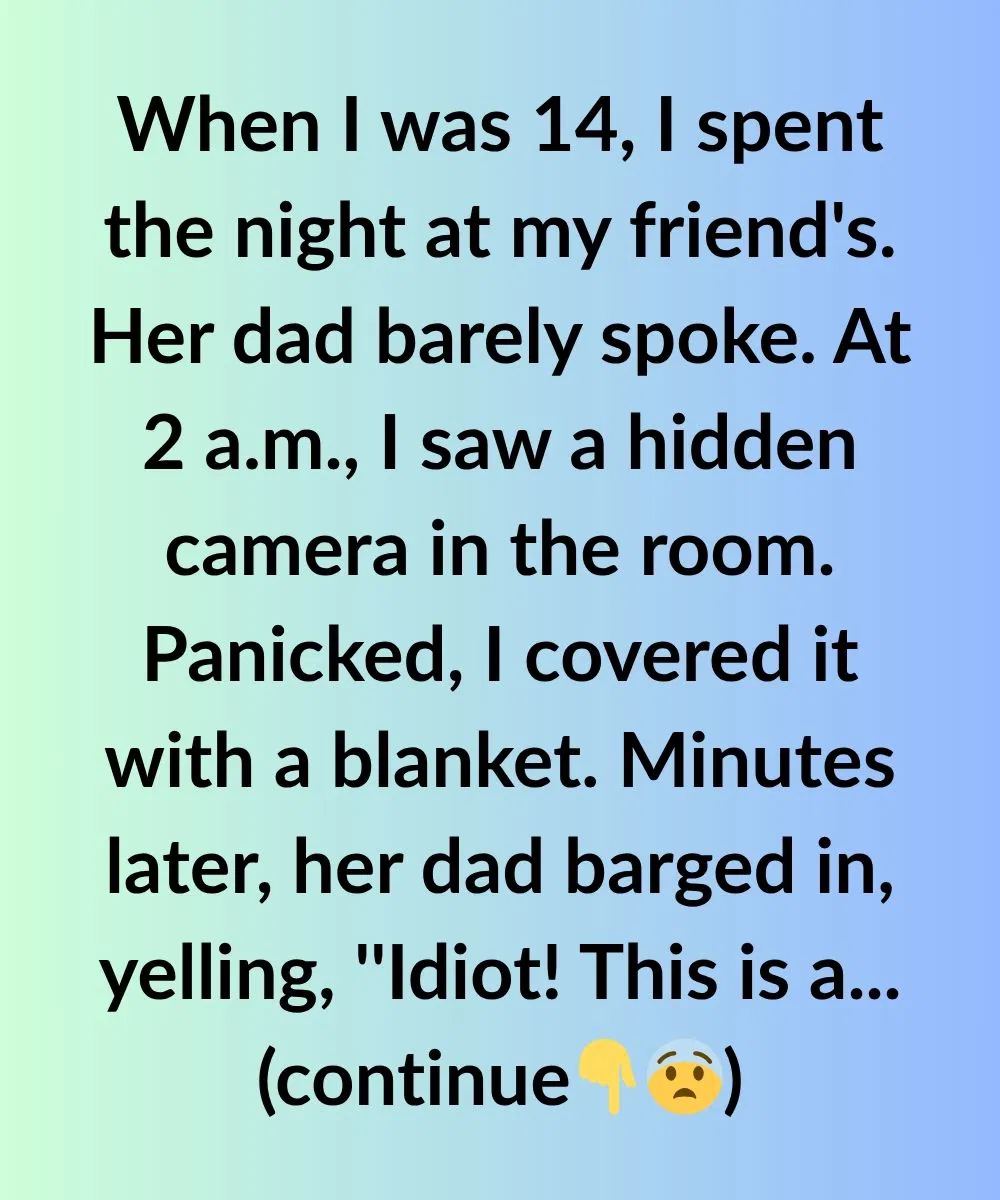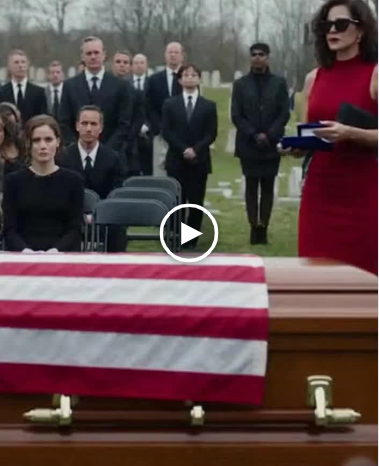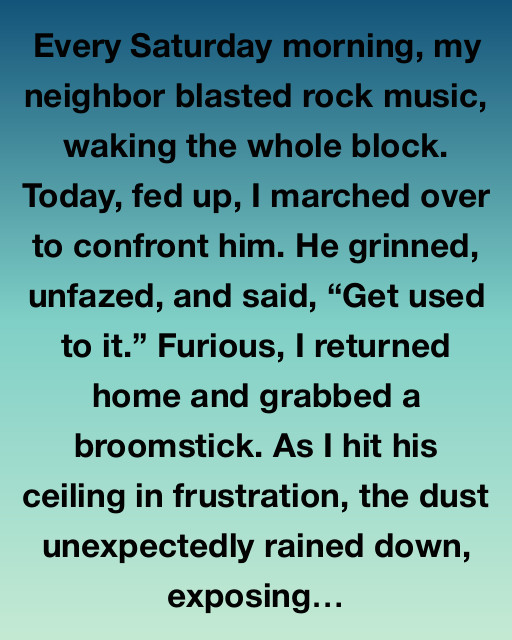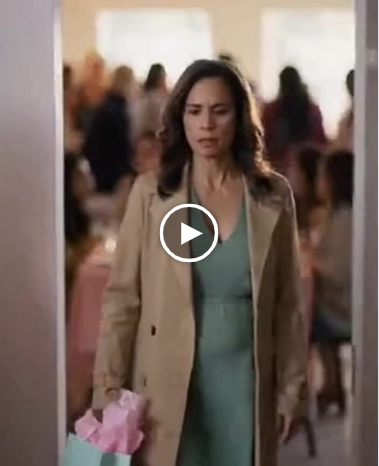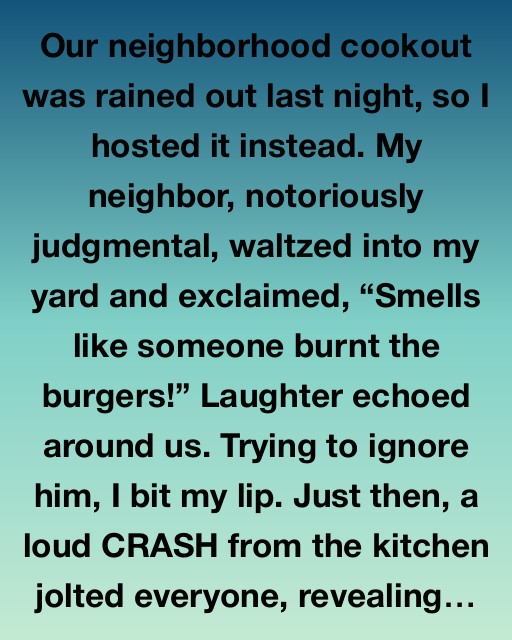When I was 14, I spent the night at my friend’s. Her dad barely spoke.
At 2 a.m., I saw a hidden camera in the room. Panicked, I covered it with a blanket.
Minutes later, her dad barged in, yelling, “Idiot! This is a security camera to make sure no one sneaks in or out at night!”
He grabbed the blanket off the camera, shaking his head, muttering something about “kids being paranoid.” I apologized, heart pounding in my chest, but his tone didn’t match his words. It didn’t feel like he was annoyed—it felt like he was… scared.
I didn’t sleep after that. My friend, Mirelle, was snoring peacefully next to me, but I kept staring at the blinking red light on the camera, feeling sick. Something was off.
The next morning, I made an excuse to leave early. Mirelle hugged me goodbye, oblivious. I never told anyone what happened.
But I never went back to her house.
Fast forward ten years.
I hadn’t spoken to Mirelle in almost a decade. We’d drifted apart after high school—different colleges, different lives. I always wondered about her, especially when I passed that street where she used to live.
Then one day, I saw her name pop up on a local news article.
“Local Woman Raises Awareness About Childhood Abuse—Former House Searched After Allegations Resurface.”
My stomach dropped.
I clicked the article. It was brief—Mirelle had come forward about her childhood trauma, saying she finally felt strong enough to speak. The investigation was still ongoing, but her childhood home had been searched.
I sat there, frozen. The camera. The yelling. The weird silence.
I decided to reach out. I found her on social media, and after typing and deleting a message four times, I finally sent:
“Hey… not sure if you remember me. I just saw the article. I’m so sorry for everything. I believe you.”
She replied a few hours later.
“I remember you. You were the only friend my dad didn’t like. You were the only one who never came back.”
I stared at the message for a long time.
We met up a week later. Mirelle looked different—older, tired, but stronger somehow. We hugged outside a quiet café.
“I always wondered why you never came back,” she said.
I told her about the camera. About how her dad barged in. About how I just knew something was wrong but didn’t have the words or courage to explain it back then.
She nodded slowly. “You sensed it before I even admitted it to myself.”
We sat there for two hours. She told me how her dad controlled every part of their lives. He was never outright violent, but he monitored everything—where they went, who they talked to, even what they wore.
The camera, she said, was just the beginning.
“Sometimes I think about how different things could’ve been if one of my friends had said something,” she said quietly. “But then I realize—we were all just kids.”
I left that café with a strange mix of guilt and relief.
I hadn’t done anything wrong. But I hadn’t done anything right either.
Months passed. Mirelle’s story spread. She started speaking at local events, advocating for awareness and prevention. She wasn’t bitter—she was bold.
She even got a small grant to start an organization that helped kids in silent homes. She called it “The Quiet Alarm.”
One night, I got a text from her.
“You helped me start this. You trusted your gut. Most people ignore that voice.”
I hadn’t thought of it that way. But maybe she was right.
Over time, Mirelle and I became close again. Not like when we were kids—this was something deeper. We had history. A shared silence we finally knew how to name.
Then, just when everything seemed to be going well, her dad died.
It was sudden—an accident. Fell down the stairs, no foul play, no suspects.
Mirelle didn’t cry at the funeral.
“I cried every night from ages 10 to 17,” she said. “I’m all out.”
After the funeral, there was one more surprise.
Mirelle called me, her voice shaking.
“I found something in his study. I think you should see it.”
She wasn’t crying, but she was definitely rattled.
I went over. She handed me a dusty notebook, bound in cracked leather.
Inside were lists. Names, dates, notes.
It looked like a log—people he watched, incidents he recorded.
My name was in it.
Next to it: “Smart. Not easy to manipulate. Watched me. Covered camera.”
My blood ran cold.
“He was keeping tabs on you?” I whispered.
Mirelle nodded. “He kept tabs on everyone. Even me.”
We read through the notebook for hours. It wasn’t just creepy—it was proof.
She handed it over to the police. They reopened parts of the investigation. It didn’t lead to criminal charges—he was dead, and most of the actions weren’t technically illegal—but it helped others come forward.
Three more girls from the neighborhood contacted Mirelle after that. All said they felt weird about her dad. One even remembered being told not to spend the night again because “the cameras were acting up.”
Turns out, her dad wasn’t just watching. He was collecting. Information, patterns, behaviors.
He never acted on it openly—but the control was his power. That was his high.
Mirelle’s story became national news after that.
She was offered a book deal.
She asked me if she could mention me.
“I won’t use your real name,” she promised.
I told her she could use my real one.
“If this helps even one kid listen to their gut, it’s worth it.”
The book came out a year later. Silent Rooms, Loud Truths.
It became a bestseller.
She dedicated it to “the girl who covered the camera.”
Me.
That’s when I cried.
All those years I’d spent wondering if I should’ve done more. All the guilt. All the confusion.
And now, somehow, it meant something.
I’ve learned that silence doesn’t always mean safety. And sometimes, your instincts are the loudest truth in the room.
If something feels wrong—it probably is.
Speak. Ask. Question.
Mirelle did.
And it saved lives.
I’m proud of her.
I’m proud of us.
If you’ve ever ignored your gut—don’t beat yourself up. We all do it. But next time, listen.
And if you’re holding a truth you’ve been too scared to say—maybe today’s the day to say it.
Share this if it resonated. You never know who needs to hear it.
❤️
